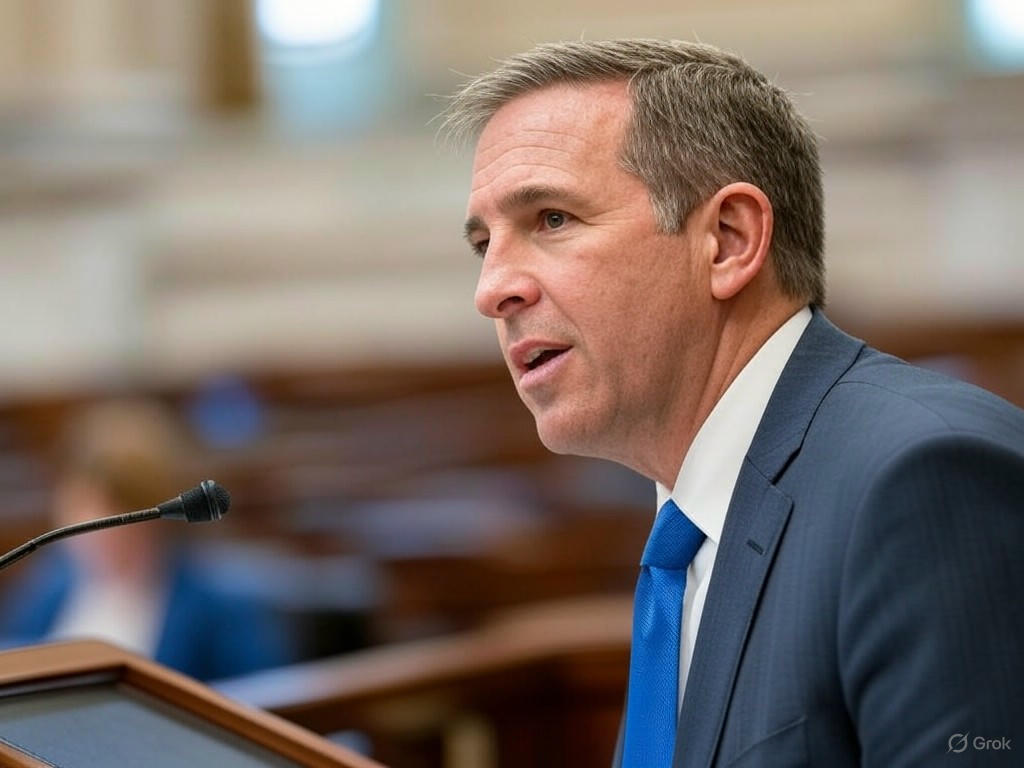Senate Proposal to End Solar and Wind Tax Credits by 2028 Sparks Debate
In a move that has sent ripples through the renewable energy sector, a U.S. Senate panel has put forward a bold plan to completely eliminate tax credits for solar and wind energy projects by the end of 2028. This proposal, emerging from recent discussions in Washington, aims to reshape the financial landscape for clean energy initiatives, raising concerns among industry leaders and environmental advocates alike. While the specifics of the plan include an extension of certain incentives for other energy sectors until 2036, the focus on phasing out support for two of the most prominent renewable sources has ignited a fierce debate about the future of green technology in the United States.
The tax credits, which have been instrumental in driving the growth of solar and wind energy over the past decade, have helped reduce the cost of installation and encouraged widespread adoption. These incentives have not only made renewable energy more accessible to businesses and homeowners but have also contributed to job creation and reduced carbon emissions. However, proponents of the phase-out argue that the industry has matured enough to stand on its own without federal subsidies. They believe that redirecting funds to other emerging technologies or infrastructure projects could yield broader economic benefits. Critics, on the other hand, warn that pulling the plug on these credits prematurely could stall progress toward national climate goals and cede global leadership in renewable energy to other nations.
Environmental groups have been quick to voice their opposition, emphasizing that solar and wind energy are critical to combating climate change. They argue that ending financial support could discourage investment in clean energy at a time when the world is racing to transition away from fossil fuels. Small businesses and startups in the sector, which often rely on these credits to compete with larger corporations, may face significant challenges in securing funding for new projects. Meanwhile, some lawmakers supporting the proposal suggest that market forces should determine the trajectory of renewable energy, rather than government intervention, and point to the substantial growth in the sector as evidence of its resilience.
As the proposal moves through legislative channels, stakeholders across the board are preparing for a contentious battle. Industry experts predict that the coming months will see intense lobbying from both sides, with renewable energy companies likely to push for a reversal or at least a more gradual reduction of the credits. Public opinion, too, will play a crucial role in shaping the outcome, as Americans weigh the importance of sustainable energy against fiscal priorities. The decision could set a precedent for how the U.S. approaches energy policy in the years ahead, potentially influencing global trends in renewable adoption. For now, the future of solar and wind energy hangs in the balance, as the nation grapples with balancing economic realities and environmental imperatives.


